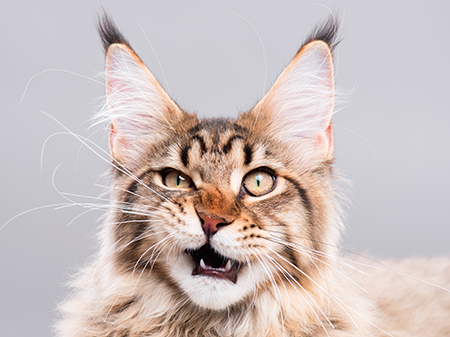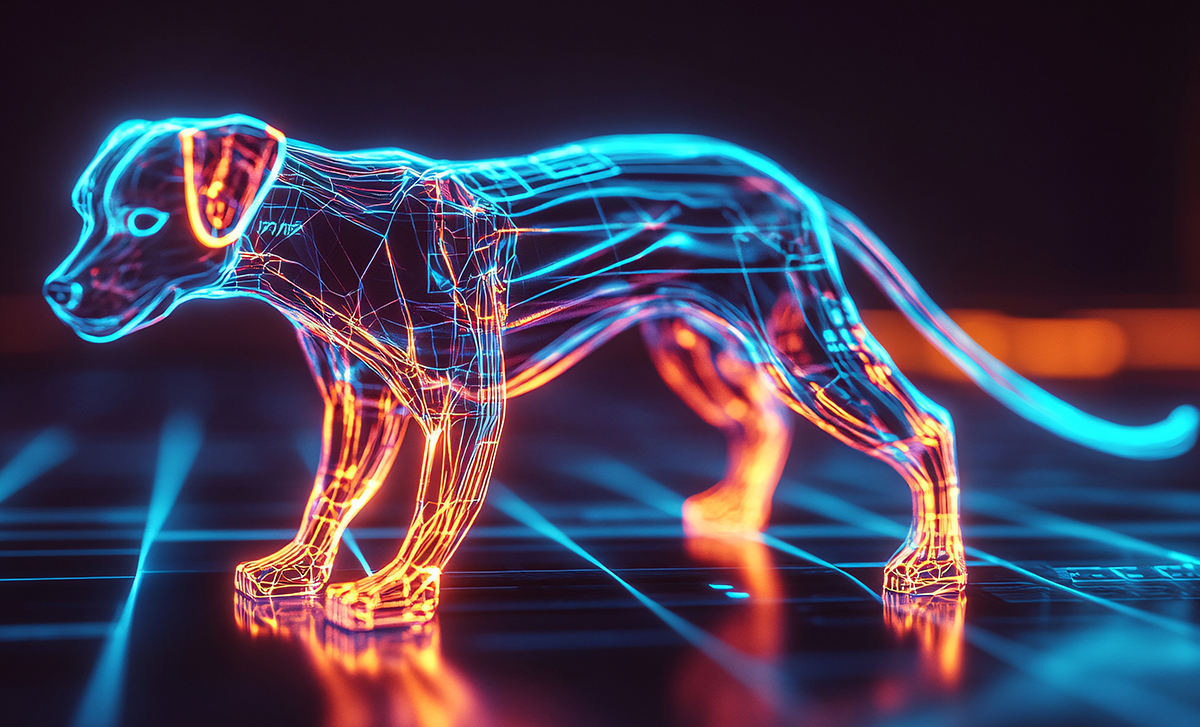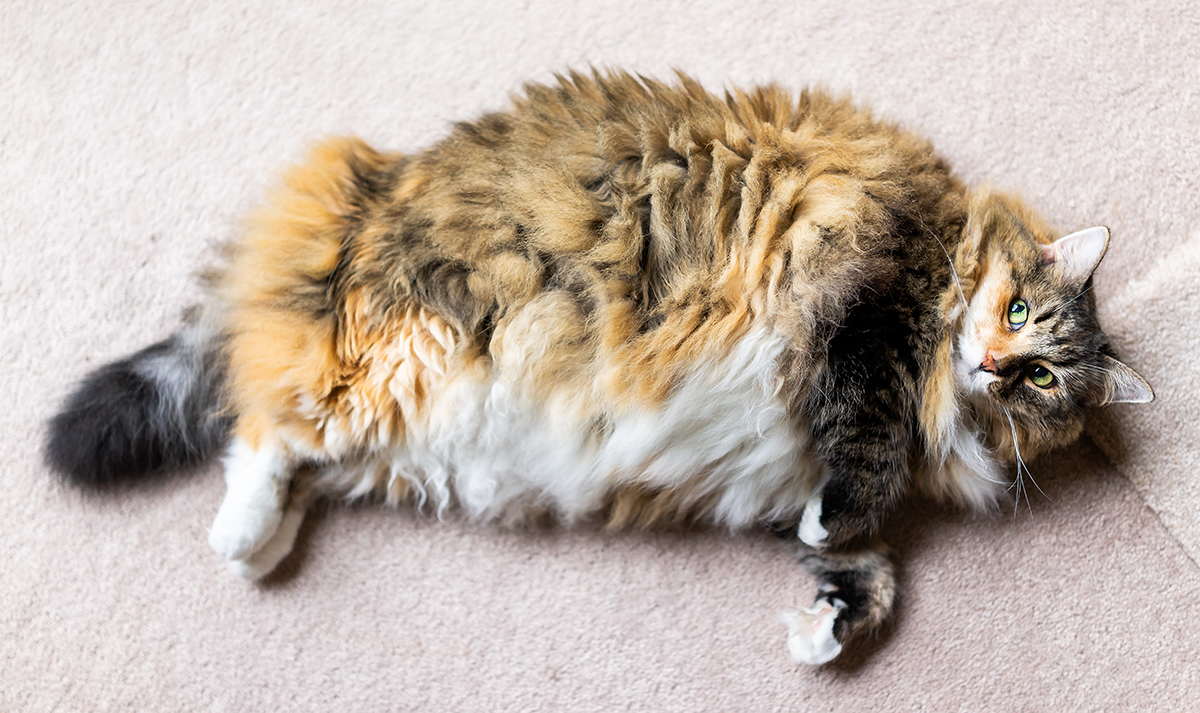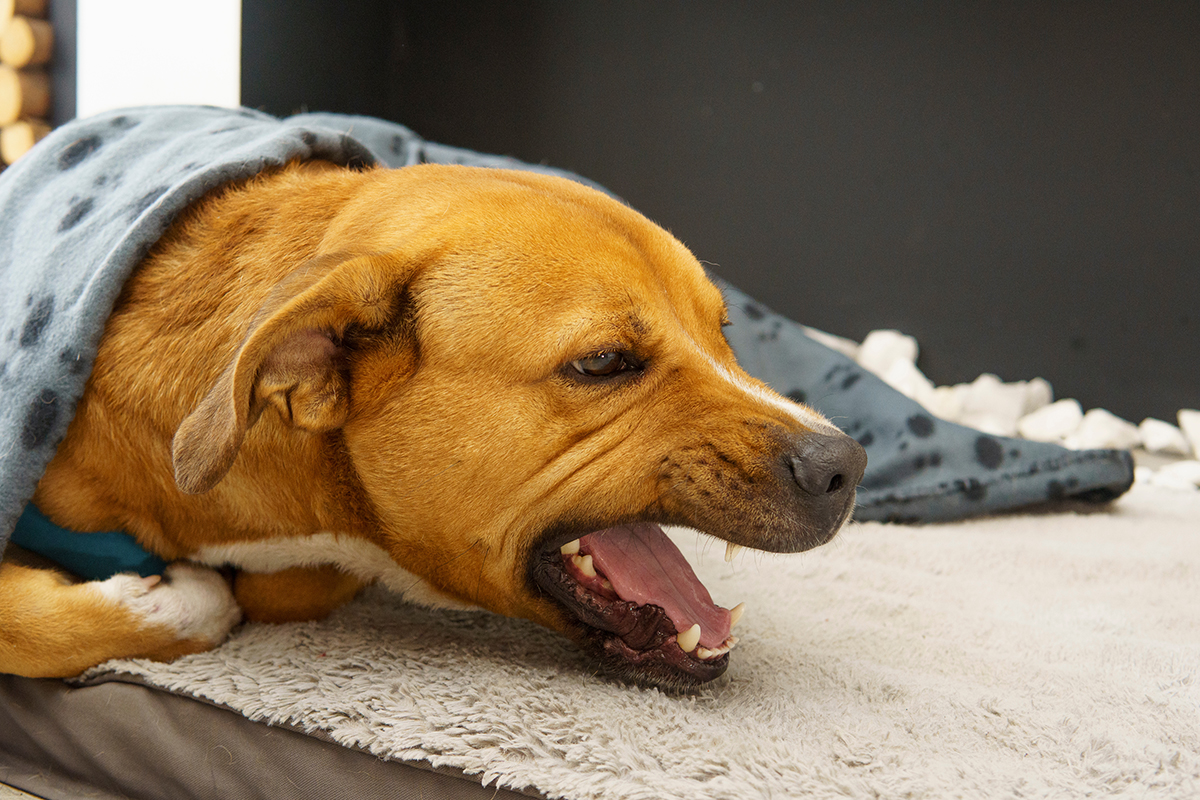Causes of Cat Arthritis
Cats can get arthritis just like many dogs do. Some of the common causes that increase a cat’s risk of arthritis are:
 Wear and tear on joints as your cat becomes older.
Wear and tear on joints as your cat becomes older.- Injuries from a joint fracture or joint injury.
- Obesity can cause the arthritis to become worse.
- Genetics for some breeds of cats most commonly seen in Maine Coon, Persian, Scottish Fold, and Siamese cats.
- Abnormal hip development may affect cartilage around joints.
Cats Can Get Arthritis
Dr. Whitworth knows that cats do suffer from arthritis, although it is thought most cats suffer in silence or mask their discomfort. Quite often the behaviors and actions are actually expression of symptoms are misinterpreted as being caused by other conditions, old age or being lazy. Actually, the symptoms of arthritis in cats are much more subtle harder to distinguish, although the condition can negatively impact their quality of life the same as with a dog.
Symptoms of Arthritis
Amount of Time Allocated to Snoozing Increases. Although cats may seem to sleep almost all of the time anyway, if your cat starts to sleep even more, it may not be just because they are lazy, or just due to aging and slowing down. They may be sleeping more because that is their way of dealing with pain and the best way to rest achy joints and discomfort.
Ready, Set, Jump! If your older cat seems to be considering whether or not they should jump, it could be because they have arthritis. Or, they may try to jump and miss the landing because the joint pain prevents the launch from having power behind it. Younger cats and most adults tend to just leap without thinking about it. If your cat stops jumping altogether schedule a visit to Whitworth Animal Clinic.
Changes in Grooming Habits. This trait can go either way. Some cats will lick the stiff areas excessively as if to make it feel better, and others may be avoiding contracted positions by significantly reducing their grooming time, or stopping it completely.
Reduction in Appetite. If the cat typically is fed on a raised surface they have to jump to in order to reach their food, the potential pain may outweigh the hunger. In more advanced cases, the discomfort may be reflected in a decreased appetite. In any case, lack of appetite is almost always a warning sign of some condition and merits a visit to Dr. Whitworth.
Accidents in the Vicinity of the Litter Box. We usually don’t even think about it, but some litter box designs have high sides. With arthritis, the intention may be good but the logistics a challenge. Sore limbs may make jumping or raising limbs above the sides prohibitive, or maneuvering in deep heavy clay litter or sand difficult. We know how hard it is to navigate in dense wet sand at the beach. Imagine if each step hurts!
Constipation. Along similar lines, when joints are arthritic and ache, it may be more difficult for a cat to hold the typical “potty” position for a period of time, so they adapt by waiting as long as possible, and eventually the body may begin to adapt to normal functioning being delayed and constipation results. Which in turn can cause additional discomfort.
Regular Routine is Discarded. If your cat’s regular routine seems to be broken, such as: choosing to sleep elsewhere than the regular spot in the middle of your bed; or they become totally sedentary when frequent play time breaks were the norm; or they used to run to the door, tail lifted, when they heard you fumbling with the key but now they barely glance up from their sleeping spot routine, arthritis should be considered.
Personality Changes. This sign can also go two ways. A cat that normally is social, affectionate and friendly who suddenly is aloof, grumbly when touched or hisses at you or other pets can be telling you something. Or the opposite, if a normally independent cat is suddenly all over you, is vocal when left alone, or even tries to strike up a friendship with arch enemy #1 the dog, something may be amiss, even if it isn’t arthritis.
If you think your cat might be in pain or you have been noticing changes in behavior as discussed above, schedule a full geriatric appointment with Dr. Whitworth. Don’t put it off, because even a very subtle sign of misery can signal arthritis, or another condition. Dr. Whitworth will conduct a thorough physical examination and take x-rays as indicated to make an accurate diagnosis. Many treatment options exist, including weight control, supplements, medication and water therapy. Conveniently located in Madison, AL, Whitworth Animal Clinic serves Madison, Huntsville, Decatur, and the surrounding areas in North Alabama.






